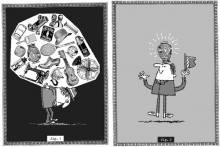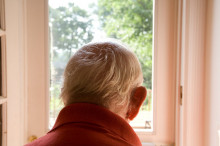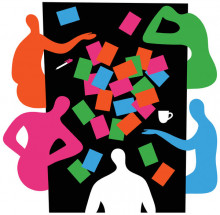Our Veterans!

Much has been written about the “One-percent and the ninety-nine percent” in reference to the wealthiest one-percent of Americans and the rest of us. But there is another one-percent and ninety-nine percent we don’t tend to think about – and that is the one-percent of Americans who volunteer to defend our country and the other ninety-nine percent of us.
We should be grateful to those who willing put their lives on the line to protect our freedoms, but we should also be mindful of the right – and wrong – ways to thank them. Recently, Matt Richtel interviewed Marine Corps veteran Hunter Garth recently back from service in Afghanistan. Here is part of what he has to say:
To some recent vets — by no stretch all of them — the thanks comes across as shallow, disconnected, a reflexive offering from people who, while meaning well, have no clue what soldiers did over there or what motivated them to go, and who would never have gone themselves nor sent their own sons and daughters.
To these vets, thanking soldiers for their service symbolizes the ease of sending a volunteer army to wage war at great distance — physically, spiritually, economically. It raises questions of the meaning of patriotism, shared purpose and, pointedly, what you’re supposed to say to those who put their lives on the line and are uncomfortable about being thanked for it.
We all should be enormously grateful for the sacrifices our veterans – especially our war-wounded – have made. But be thoughtful about how you express that gratitude.









